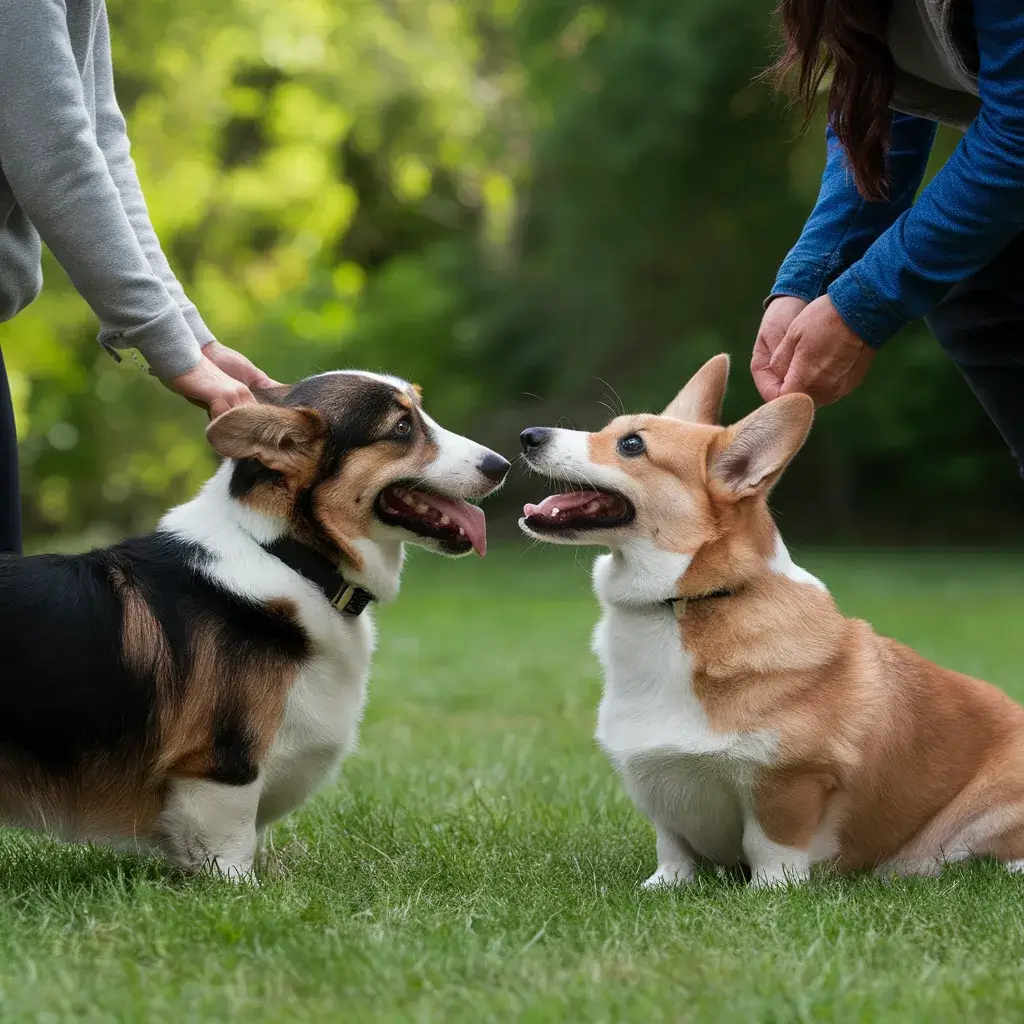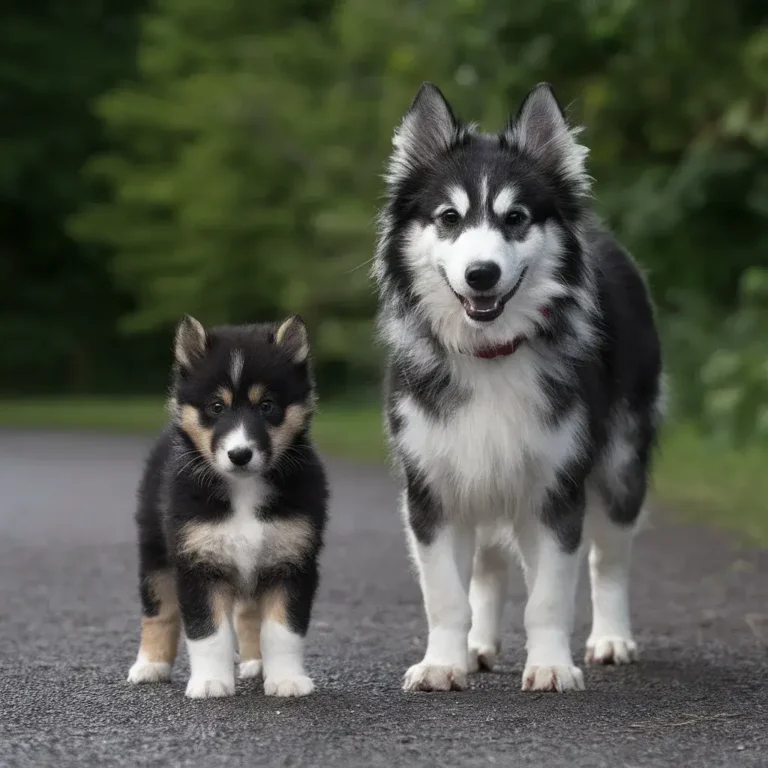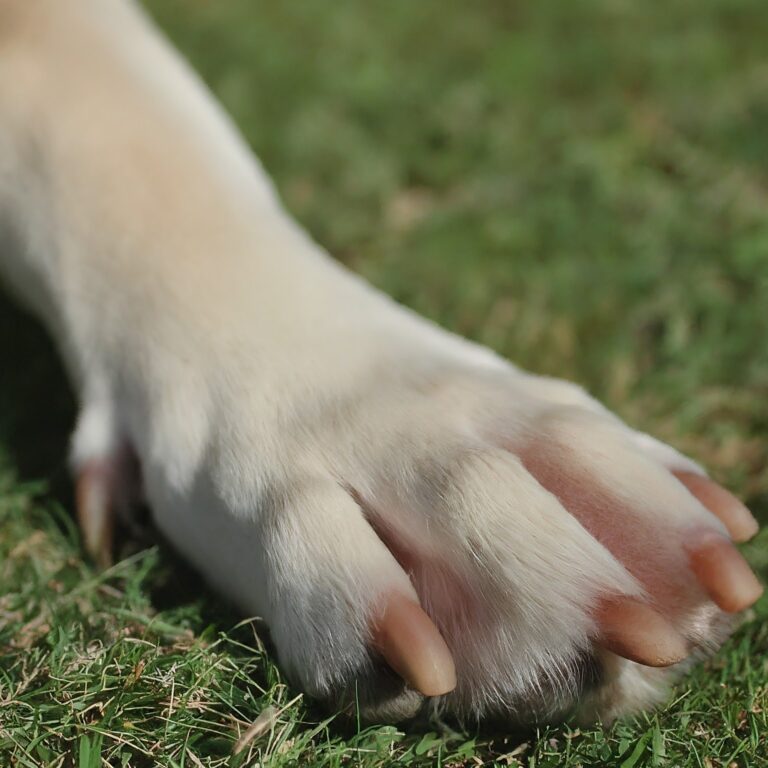Are Corgis Aggressive

Corgis are not aggressive but rather friendly and playful, ideal for families with children or other pets. Their herding instincts can lead to behaviors like nipping, manageable with proper training. They have a natural protectiveness, showing guarding behaviors and alert barking. Socialization is crucial to prevent behavioral issues, like resource guarding. Recognizing aggression signs and using positive reinforcement are key in addressing any concerns. Understanding corgis’ nature and needs is important for a harmonious relationship.
Table of Contents
Key Takeaways
- Corgis can display aggression due to protective instincts.
- Proper training can manage and minimize aggressive behaviors.
- Early socialization helps prevent aggression in Corgis.
- Recognizing aggression triggers is crucial for prevention.
- Positive reinforcement is key to addressing any aggression in Corgis.
Corgis’ Natural Disposition
Corgis, known for their friendly and playful nature, typically exhibit a gentle disposition towards their owners and other animals. Their playful demeanor makes them delightful companions, always ready for a game or a cuddle. Corgis aren’t only friendly but also possess a gentle temperament, making them well-suited for families with children or other pets.
Their sociable nature means they often enjoy the company of both humans and animals, thriving in social settings.
Moreover, corgis display affectionate behavior towards their loved ones, often seeking out physical contact and showing loyalty to their family members. This combination of playfulness, friendliness, gentleness, sociability, and affection makes corgis beloved pets in many households.
Understanding these natural traits can help owners foster a strong bond with their corgis and provide them with the love and care they need to thrive in a domestic environment.
Herding Instinct and Behavior
Understanding the herding instinct and behavior of corgis sheds light on their natural tendencies in certain situations. Corgis, originally bred to herd livestock, often display strong herding tendencies. This can manifest in behaviors such as nipping at heels or attempting to herd children or other pets. It’s essential to recognize that this behavior isn’t rooted in aggression but is rather an instinctual response.
To manage corgis’ herding instincts effectively, training plays a crucial role. Training sessions tailored towards herding behaviors can help channel their instincts appropriately. By redirecting herding behavior towards suitable activities, such as obedience training or engaging toys, you can help satisfy their natural drive in a constructive manner.
Consistent training for herding can aid in shaping their behavior and preventing any unwarranted nipping behavior around family members or other animals.
Protective Instincts in Corgis
When assessing corgis, it’s important to acknowledge their natural tendency towards protectiveness. Corgis exhibit strong family protectiveness, often showing guarding behavior towards their loved ones. This protective instinct can manifest in various ways, such as alert barking when sensing potential threats or unfamiliar situations. Additionally, corgis may engage in resource guarding, where they protect their toys, food, or any belongings they consider valuable.
Their territorial instincts can also play a role in their protectiveness, as they may feel the need to defend their home and space. It’s essential for corgi owners to understand and manage these instincts appropriately to prevent any potential issues related to aggression.
Proper training and socialization can help channel their protective tendencies in a positive direction, ensuring that they remain friendly and well-behaved companions. Understanding and respecting their natural inclinations towards protectiveness can foster a harmonious relationship between corgis and their families.
Impact of Improper Socialization
Improper socialization can significantly impact a corgi’s behavior and temperament towards other dogs and people. Socialization is vital for corgis to learn appropriate interactions and reactions in different situations.
Without proper exposure to various environments, people, and animals, corgis may exhibit behavioral consequences such as fearfulness, anxiety, or aggression. This lack of socialization can lead to misunderstandings and potentially aggressive responses when faced with unfamiliar stimuli.
To address the effects of improper socialization, training solutions are key. Early intervention through positive reinforcement training can help corgis learn to feel comfortable and secure in diverse settings. By gradually introducing them to new experiences and providing rewards for positive behavior, owners can prevent aggression and build their corgi’s confidence.
Recognizing and Addressing Aggression
Recognizing signs of aggression in your corgi is crucial for addressing any concerning behavior effectively. Understanding your corgi’s body language is key; watch for stiff body posture, raised fur, or a tense expression.
Obedience training plays a vital role in managing aggression. Consistent commands and boundaries help establish you as the leader and can prevent behavioral issues. Positive reinforcement is essential when addressing aggression in corgis. Reward good behavior with treats or praise to encourage positive responses.
Be attentive to behavioral cues that may indicate aggression. Growling, snapping, or showing teeth are signs that your corgi is feeling threatened or stressed. Identifying aggression triggers is important in preventing confrontations. Whether it’s unfamiliar people, loud noises, or specific situations, knowing what sets off your corgi can help you avoid potential issues.
If you notice signs of aggression in your corgi, it’s crucial to seek professional help from a dog trainer. They can provide guidance on how to address the behavior effectively and ensure a safe environment for both your corgi and those around them.
Frequently Asked Questions
Can Corgis Be Trained to Control Their Herding Instincts?
To train corgis to control their herding instincts, focus on setting behavioral boundaries, managing instinctual reactions, using aggression prevention techniques, and applying temperament modification strategies. Consult a professional to address any concerns effectively.
How Can I Differentiate Protectiveness From True Aggression in Corgis?
To differentiate protectiveness from true aggression in corgis, observe their body language and behavioral cues. Seek professional guidance for assessment. Use positive reinforcement and consistent training to address any concerning behaviors. Trust your instincts and seek help when needed.
What Are the Consequences of Inadequate Socialization in Corgis?
Understanding the consequences of inadequate socialization in corgis is crucial. It can lead to behavioral issues like fear aggression, making training methods challenging. Proper socialization is key to preventing aggressive tendencies and fostering a well-adjusted canine companion.
How Can I Help My Corgi Overcome Fear-Based Aggression?
To help your corgi overcome fear-based aggression, use positive reinforcement, desensitization training, and seek professional guidance. Establish a consistent routine, and remember, patience and consistency are key. With these methods, you can support your corgi’s behavioral progress.
Are There Specific Signs That Indicate Corgi Aggression?
If you’re wondering about signs of corgi aggression, pay attention to body language like snarling or growling. Training methods and behavior modification can address aggression triggers. Socialization tips and obedience training help prevent issues. Seek professional help for behavior assessment.
Conclusion
In conclusion, while corgis are typically known for their friendly and playful nature, it’s important to be aware of the potential for aggression that can arise due to their herding instincts, protectiveness, and socialization.
By understanding the factors that contribute to aggression in corgis and knowing how to recognize and address it, you can ensure a positive and safe experience with your furry companion.
Stay informed and proactive in managing any potential aggression in your corgi for a harmonious relationship.






